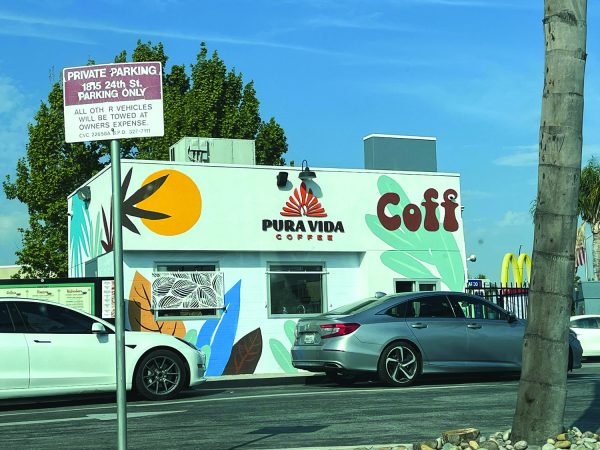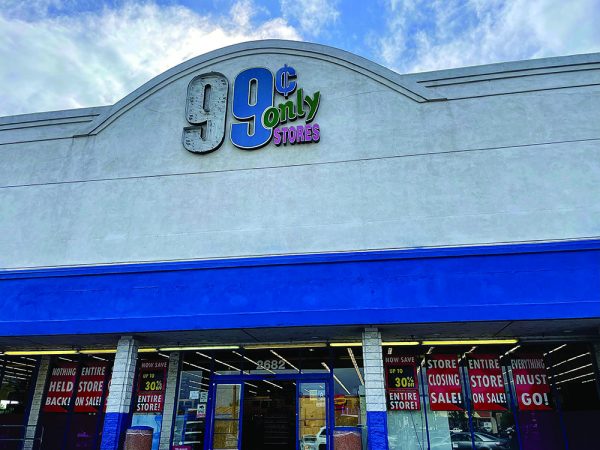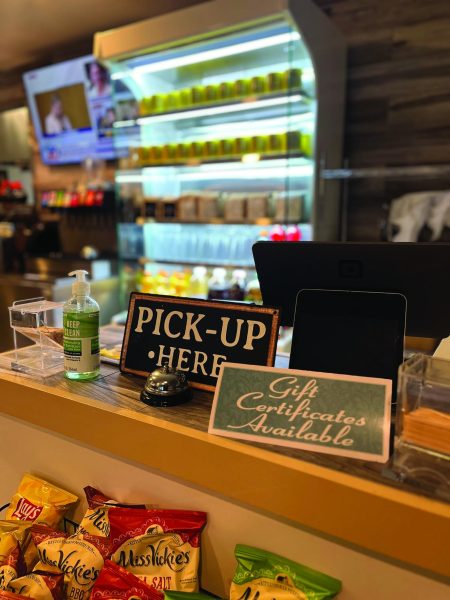Op-ed: COVID-19 essential workers
September 1, 2020
COVID-19 has affected many lives by creating financial and health burdens. Many businesses had to close temporarily to stop the spread of the virus, but many that stayed open were essential businesses. The employees that kept their jobs during the closures are now considered essential workers.
Essential workers, according to the Congress website, were defined in 2013 as, “an employee that performs work involving the safety of human life or the protection of property.”
In 2020 an essential employee is being defined as someone who conducts services that are necessary to help the public’s needs, according to the NCSL website.
When the pandemic occurred and the nation was sent into a lockdown phase in March 2020, the California Governor, Gavin Newsom, shut down businesses that were deemed nonessential. The stores that many saw remaining open were grocery stores and supermarkets that sold food as well as the wants of the public.
These businesses saw an increase in sales and started to limit the number of people entering due to it being overcrowded and unsafe with COVID-19 still being high risk after a few months of the closures. The employees were deemed essential because of the services their store provided.
Essential workers compared to the beginning of the pandemic and now are very different. In the beginning, it was health officials and grocery store clerks. The age ranges varied, and many risked their lives and their families by attending to the public’s needs and wants.
I work as a cashier at Walmart. I was classified as an essential worker and risked my life as well as my grandparents when attending work. Unlike health officials that received protection before entering the workplace, we did not. Walmart employees were not required to wear masks or gloves at the start of the pandemic. Protection shields were not implemented in the workplace as well. The only safety precaution we had were the disinfecting bottles that we could use after each transaction if we chose to.
Today essential workers are the employees of the businesses that are still open depending on the restriction the country has implemented depending on the number of COVID-19 cases. However, are these employees still presented as essential? In my opinion no. I believe that the employees at clothing stores, restaurants, and everyday leisure places are not as essential as grocery clerks or health officials.
I do believe that they still risk their lives every day to help serve the wants of the public. Whether or not the business is essential, the employees still have to risk their safety as well as their families to continue to make an income.
For an employee at Sephora, Laura states that it feels good to go back to work after being home for a long period. Laura feels that her work environment is safe and takes her health as well as their customers’ health very seriously. Sephora may not be an essential business but in a time like this, these employees are emotional support for the public that have finally got to leave their homes knowing they will be safe with a mask.










